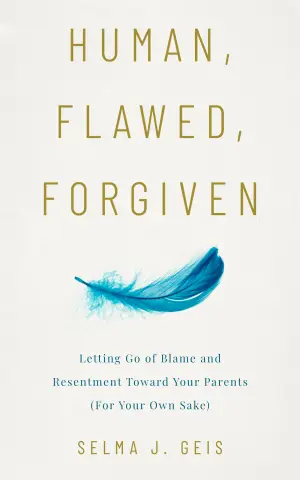Book Review: Firekeeper’s Daughter by Angeline Boulley
From the moment I caught a glimpse of the stunning cover of Firekeeper’s Daughter by Angeline Boulley, I felt an undeniable pull toward this debut novel. A gripping mix of a coming-of-age tale and a thriller, it promised an engaging exploration of identity, community, and resilience. However, as I flipped through its pages, I found myself caught in a web of emotions—ranging from fascination to frustration.
At the heart of the story is Daunis Fontaine, an eighteen-year-old navigating the complexities of her biracial identity as the daughter of a white mother and an Ojibwe father. She’s caught between worlds—accepted by her white family but often treated as an outsider by her Native community. Boulley does a commendable job of showcasing Daunis’s pride in her Ojibwe heritage, weaving in cultural practices and beliefs that resonated deeply with me. However, what really tested my patience was Daunis’s portrayal as the quintessential “Not Like Other Girls.”
While I appreciate a strong female lead, Daunis’s dismissal of other girls as “parasitic” just felt out of place. This sort of character development seemed to reinforce harmful stereotypes rather than challenge them, making it hard for me to connect with her. Instead of a well-rounded protagonist, Daunis felt one-dimensional—flawless and often judgemental, lacking the nuanced growth I crave in young adult literature.
Boulley’s writing is vivid, bringing both Sault Sainte Marie and Sugar Island alive with intricate details. The way Daunis’s world is painted—including the use of Ojibwemowin terms—added an authenticity that is often missing in YA novels. However, I found myself disoriented by the jarring contrast between Daunis’s somewhat juvenile narration and the mature themes interwoven into the storyline. The light-hearted “Secret Squirrel” references often sat uncomfortably alongside serious issues like drug trafficking and sexual assault, which could have been tackled with more depth and seriousness.
As the plot unraveled, I appreciated the novel’s exploration of important issues such as the ramifications of colonialism and violence against Indigenous women. Yet, the thriller aspect felt overly melodramatic—a predictable swirl of tropes that fell flat when compared to the weighty themes at play. The cliffhangers felt gimmicky, creating a tension that ultimately detracted from the novel’s overall impact.
On the romance front, my investment was minimal. The chemistry between Daunis and Jamie felt rushed, almost like ticking a box on a checklist of YA clichés. Instantly captivated yet distrustful? It’s a tricky balance that didn’t quite land for me.
While I struggled with many aspects of Firekeeper’s Daughter, I recognize it’s a debut and appreciate the journey Boulley is embarking upon as a new voice in young adult fiction. If you’re drawn to stories heavy with cultural significance, even if they stumble at certain turns, you might find worth in this narrative. Despite my frustrations, I would recommend seeking out more positive #ownvoices reviews, particularly Brandann Hill-Mann’s, which could provide additional perspectives.
In conclusion, although Firekeeper’s Daughter didn’t resonate with me as I had hoped, it offers a glimpse into the complexities of identity that many will find impactful. If you’re a reader looking for a mix of cultural exploration and youthful drama, this debut may just ignite your interest.
Discover more about Firekeeper’s Daughter on GoodReads >>






